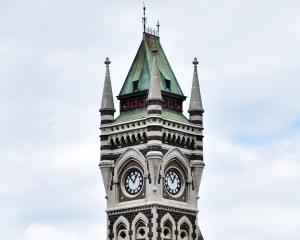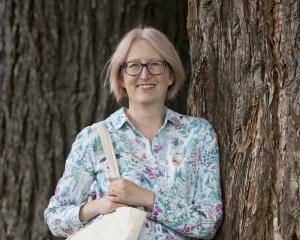The open database would provide a snapshot of the sustainability work done in Otago, and connect organisations involved in issues such as water quality, sustainable tourism, or low-carbon lifestyles, project researcher Tabea Trounson, of Auckland, said.
It would create a formal network where individuals or organisations could see others in the region involved in any of the United Nations’ 17 sustainable development goals.
Researcher Finn Campbell, of Dunedin, said in some parts of Otago work had already started on cataloguing organisations committed to sustainable development.

Elsewhere there was no formal structure connecting the groups as a network.
"It’s finding those really informal networks and bringing them out so people could see what was going on," he said.
RCE-Otago director Barry Law said the student-led work would lift the profile of the United Nations’ sustainable development goals and identify gaps in Otago’s sustainability projects.
The database would be an important planning tool for the centre, but could also be useful for local government, tertiary institutions, and others, he said.
"How can we make decisions about what we are doing and what we need to do if we have no idea of who is doing what?" Dr Law asked.
Hosted by Otago Polytechnic, RCE-Otago was established last year with the support of Otago’s mayors, Ngai Tahu, University of Otago, Otago Regional Council, and a raft of other organisations businesses and groups, including four secondary schools.











